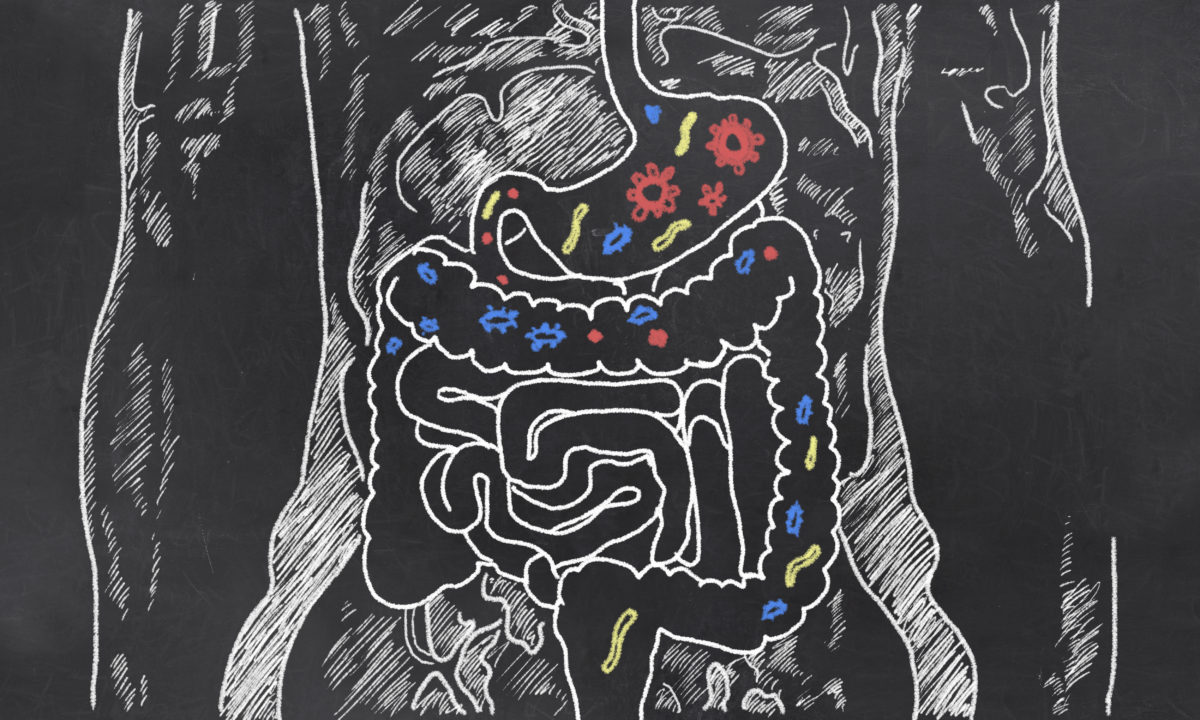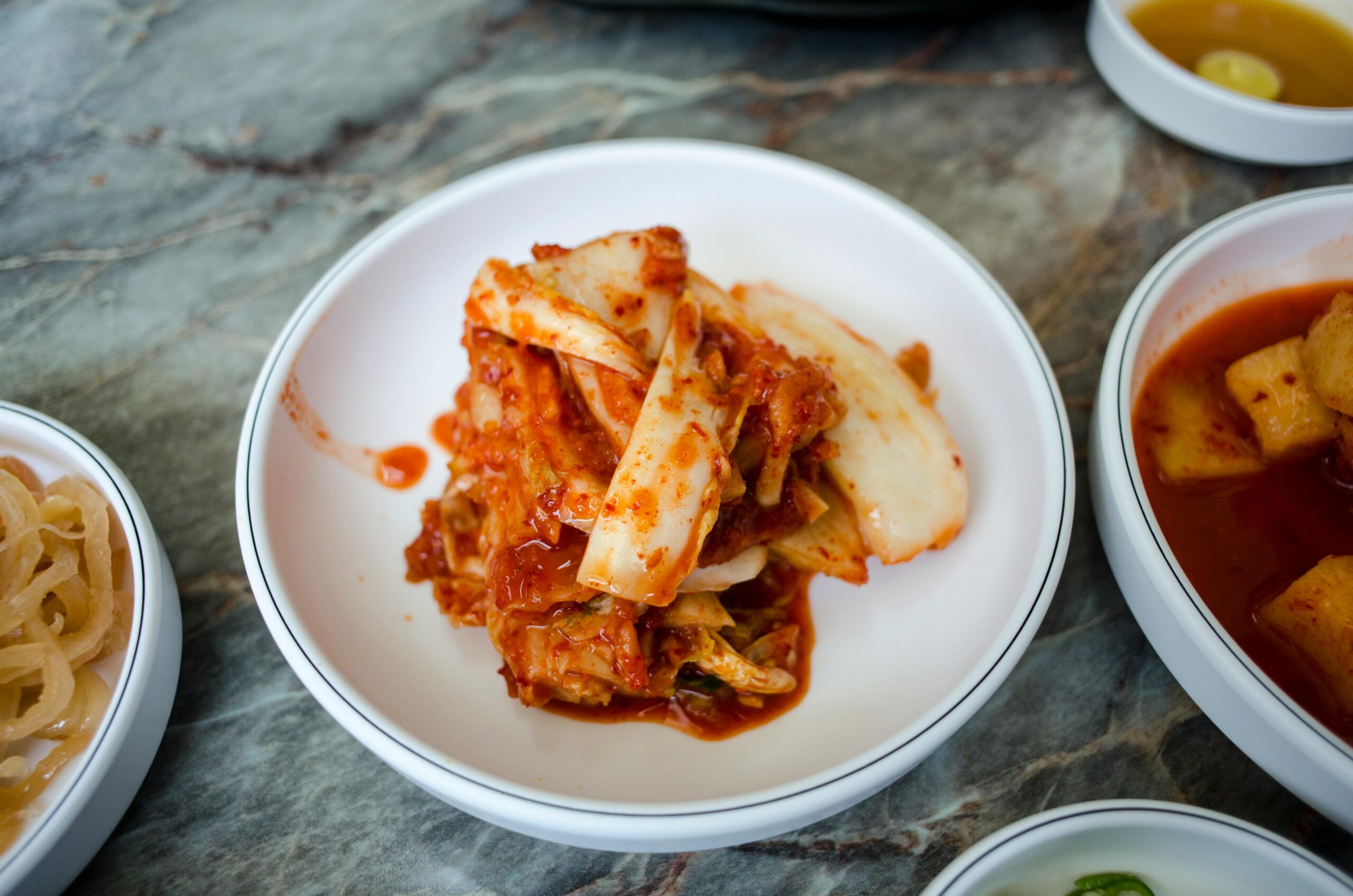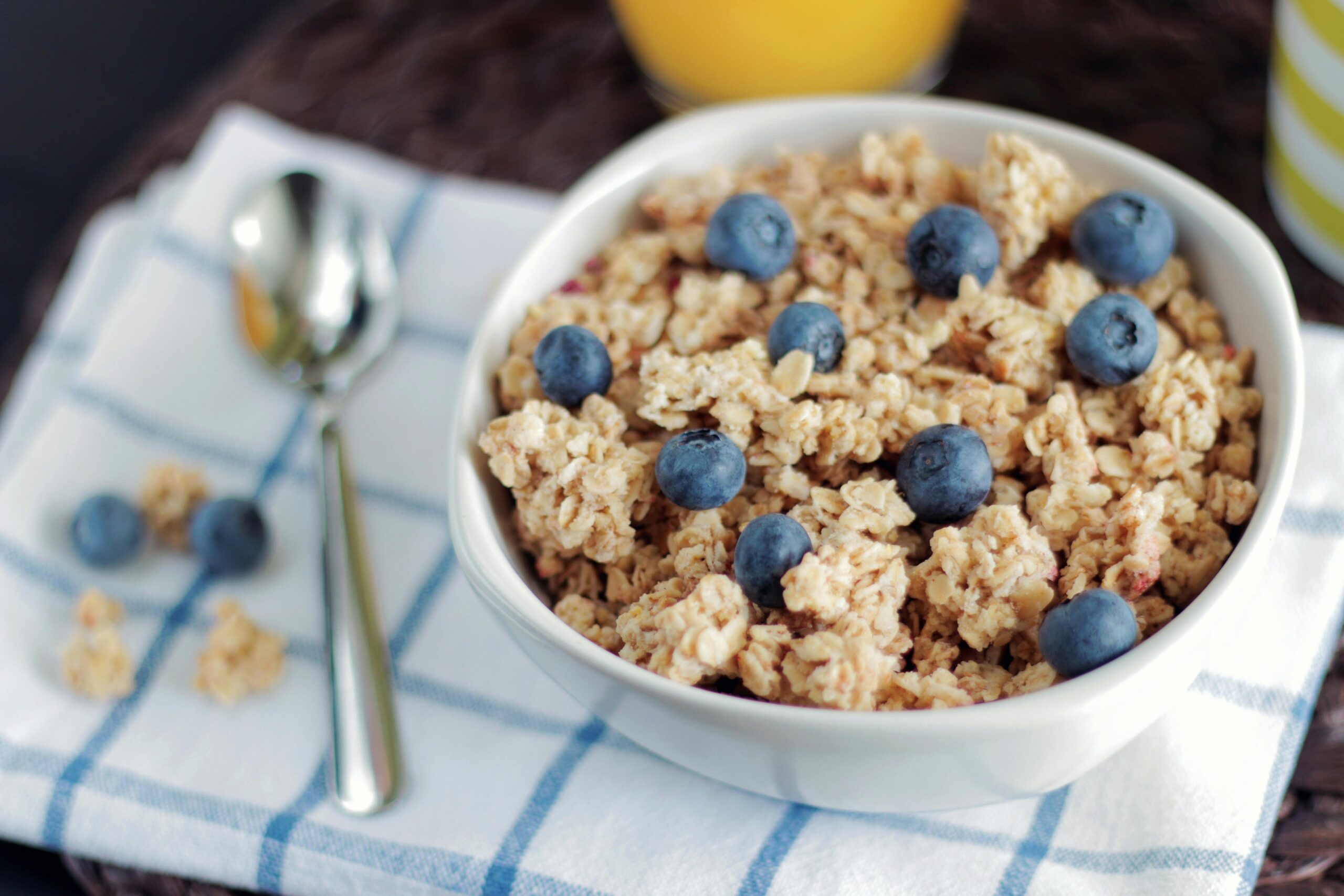Feasting away on sugary foods regularly can destroy the “good” bacteria living in your gut, warns a new paper from Columbia University researchers. Their mouse study suggests sugar alters the gut microbiome composition and can lead to greater risk for metabolic disease, prediabetes, and weight gain.
Millions of Americans follow what’s dubbed the “Western diet,” which is high in fattening and sugary food. It’s significantly linked to obesity, metabolic syndrome, and diabetes. However, how unhealthy foods jumpstart a path into diseases is still under investigation.
Study authors investigated the effects a Western-style diet has on the gut microbiome of mice. After four weeks, the mice showed signs of metabolic syndrome through weight gain, insulin resistance, and glucose intolerance. Inside their guts, the microbiome shifted to a reduction in segmented filamentous bacteria—common in rodents, fish, and chickens—and increased other types of bacteria.
Having fewer filamentous bacteria had a negative impact on the immune system. The decrease in filamentous bacteria caused a reduction in Th17 immune cells—needed to prevent metabolic disease, diabetes, and weight gain—in the gut.
“These immune cells produce molecules that slow down the absorption of ‘bad’ lipids from the intestines and they decrease intestinal inflammation,” says Dr. Ivaylo Ivanov, associate professor of microbiology & immunology at Columbia’s College of Physicians and Surgeons, in a release. “In other words, they keep the gut healthy and protect the body from absorbing pathogenic lipids.”
Of all the ingredients in the Western diet, sugar was the main culprit behind the destruction of filamentous bacteria. “Sugar eliminates the filamentous bacteria, and the protective Th17 cells disappear as a consequence,” explains Ivanov. “When we fed mice a sugar-free, high-fat diet, they retain the intestinal Th17 cells and were completely protected from developing obesity and pre-diabetes, even though they ate the same number of calories.”
The simple solution might have been to cut sugar from the diet altogether, but doing so did not help all mice. Eliminating sugar did not restore filamentous bacteria. Additionally, animals who did not have much of the bacteria to begin with grew obese and developed diabetes even after taking sugar out of the diet.
“This suggests that some popular dietary interventions, such as minimizing sugars, may only work in people who have certain bacterial populations within their microbiota,” says Ivanov.
Probiotics may help. Supplements of filamentous bacteria restored Th17 cells and recovered protection for metabolic syndrome even when on a high-fat diet.
While human gut microbiome is certainly not the same as mice, study authors say having other types of filamentous bacteria could be protective against disease.
“Microbiota are important, but the real protection comes from the Th17 cells induced by the bacteria,” says Ivanov. “Our study emphasizes that a complex interaction between diet, microbiota, and the immune system plays a key role in the development of obesity, metabolic syndrome, type 2 diabetes, and other conditions. It suggests that for optimal health it is important not only to modify your diet but also improve your microbiome or intestinal immune system, for example, by increasing Th17 cell-inducing bacteria.”
The study is published in the journal Cell.












